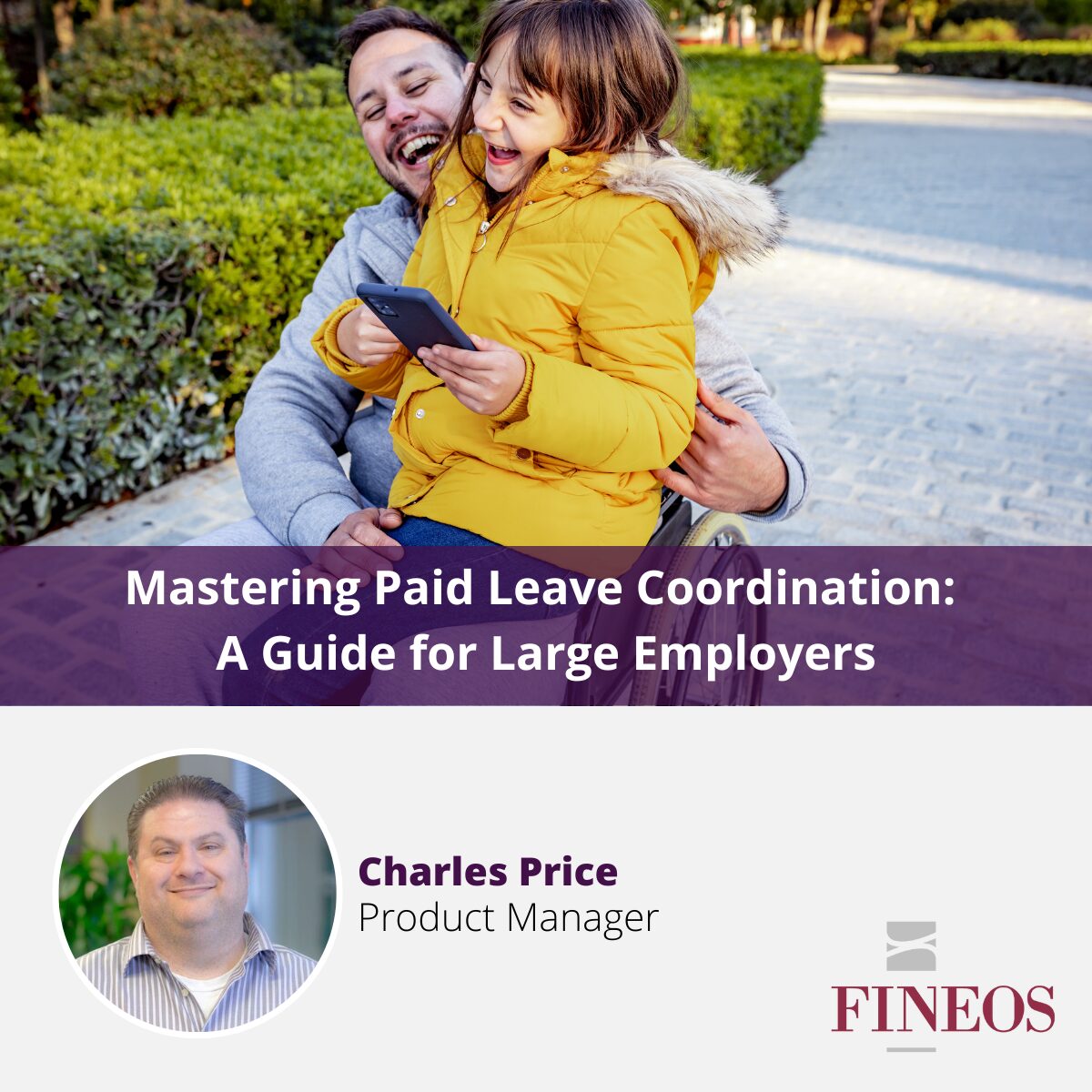Typically, I write about leave laws that have been passed, but today, I’d like to take a different approach and focus on what didn’t make it through. Ever wondered what happens to the bills that don’t make the cut?
On March 24, Virginia Governor Glenn Youngkin vetoed 157 bills, which included a proposal to mandate paid family and medical leave (PFML) in the state. Governor Youngkin’s PFML veto message emphasized Virginia’s preference for aligning with high-growth states that promote voluntary, private sector PFML solutions, fostering business-friendly environments.
Introduced in January 2025, House Bill No. 2531 aimed to provide employees with up to 12 weeks of wage replacement benefits starting January 1, 2028. The funding for these benefits would have come from premiums assessed to both employers and employees, beginning January 1, 2027. The Virginia Employment Commission (VEC) would have administered the program. Private plan administration would have been allowed if employers provided equivalent or greater PFML benefits to their employees.
Governor Youngkin also vetoed the PFML bill introduced in 2024, objecting to a “one-size-fits-all solution that removes the incentive for the private sector to provide [PFML] benefits.” The 2024 bill would have provided employees with up to 8 weeks of wage replacement benefits starting January 1, 2027, through the VEC-administered program or a private plan.
As early as 2020, Virginia undertook a comprehensive study to explore the development, implementation, and costs of a potential PFML program. The study included analyses of other states’ PFML programs and recommendations on a potential PFML model, including technology requirements, implementation timeline, and business practices.
Despite numerous attempts to establish a mandatory PFML program in Virginia, the PFML bill still has not been able to clear the final hurdle. However, it’s crucial to keep a close eye on legislative developments, even for bills that don’t secure the Governor’s signature. Don’t forget – while the 32-year old federal Family and Medical Leave Act (FMLA) is now seen as a foundational leave program, it took a decade of legislative battles and even two Presidential vetoes before it was finally passed.
Every piece of legislation, whether passed or not, holds valuable information and potential clues for future action. The advocates for Virginia PFML have brought it just short of the finish line before, and we foresee that they’ll continue to persist in their efforts. Employers should continue to watch this space and stay informed of what lies ahead.
FINEOS can help with your state leave programs
Navigating the complexities of leave legislation can be challenging. When leave laws do pass, FINEOS will be here to support you every step of the way. Using modern insurance technology solutions like the FINEOS Platform can help you remain compliant and competitive when leave legislation is revised and new products are authorized by governing jurisdictions. Learn more about how a modern, integrated disability and absence management (IDAM) solution can help your organization adapt to this rapidly evolving market and remain in compliance.


